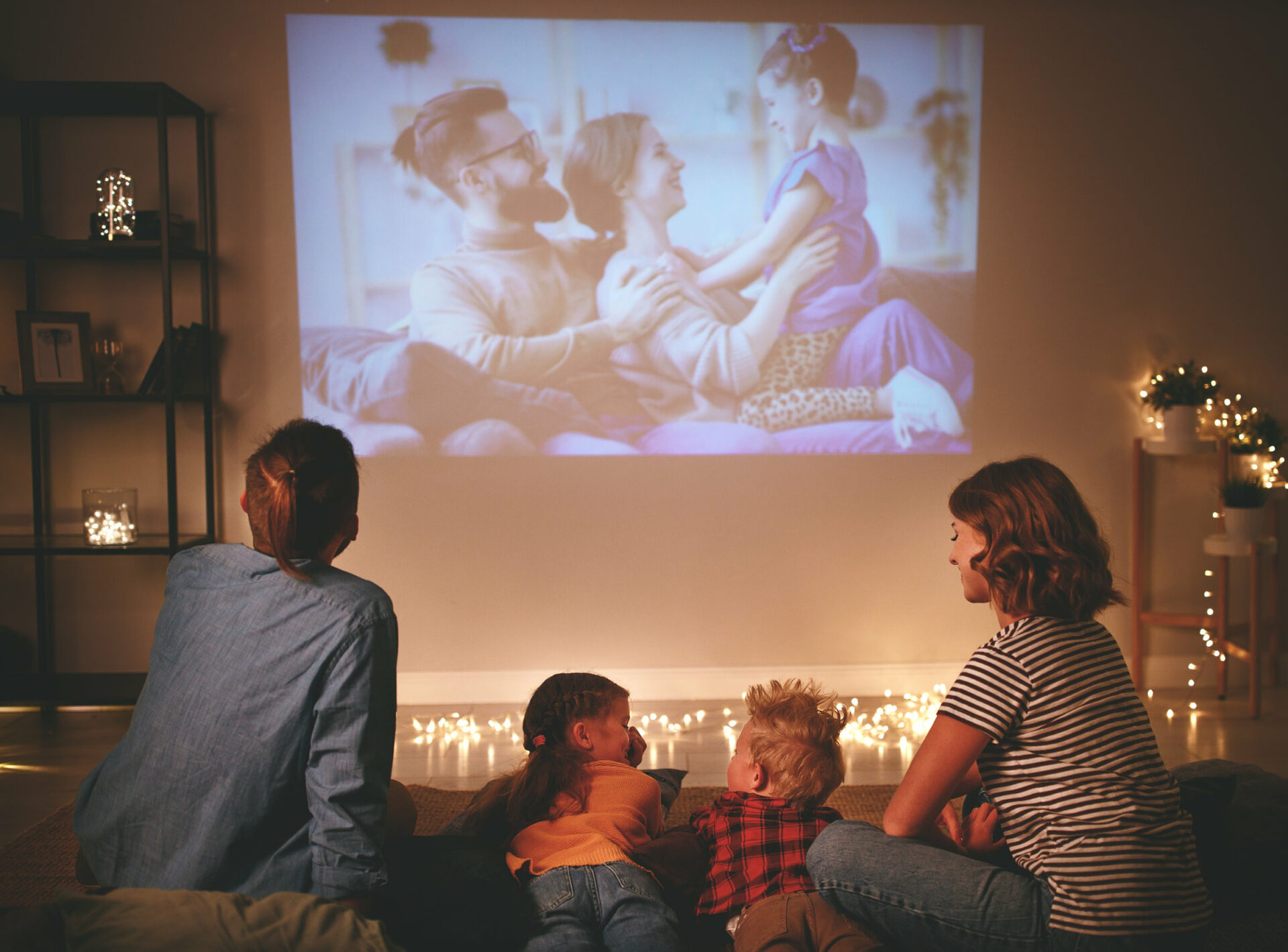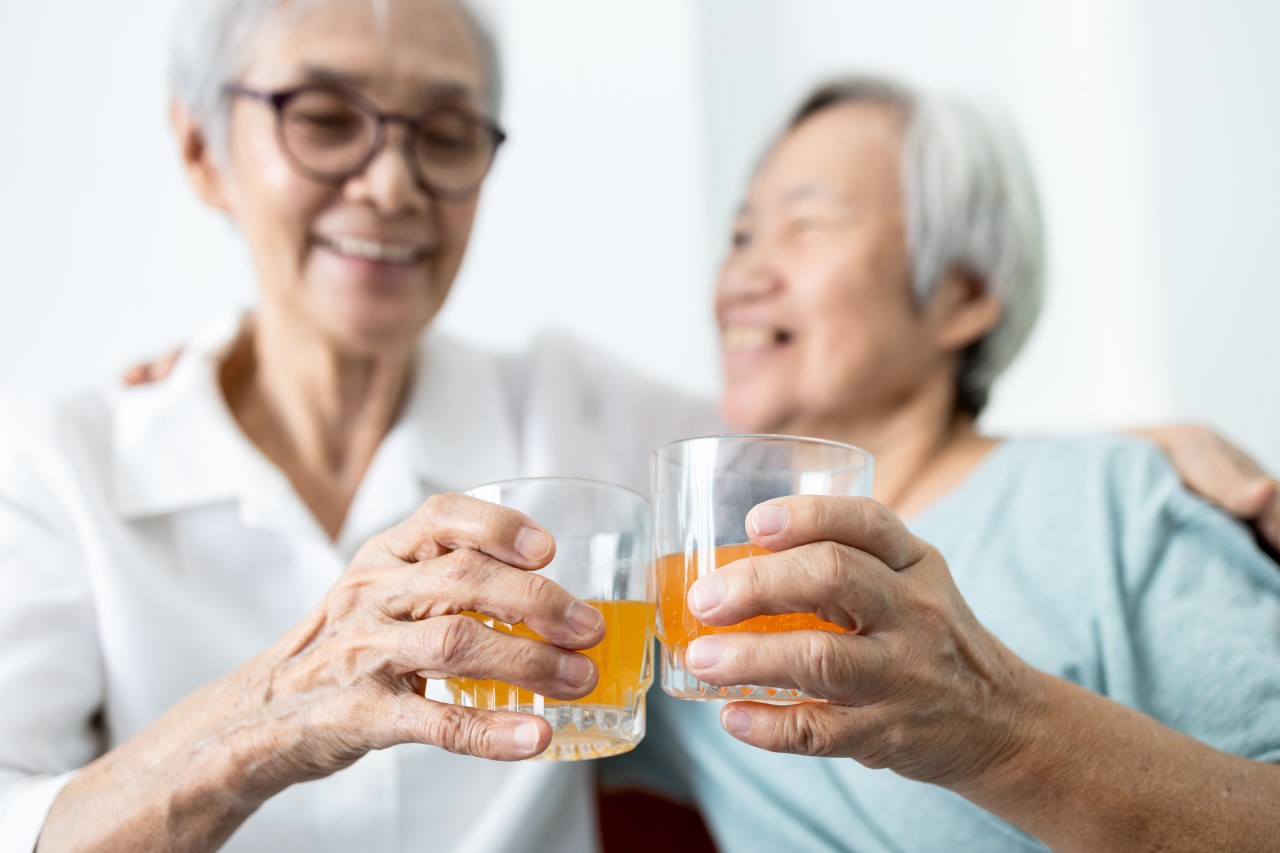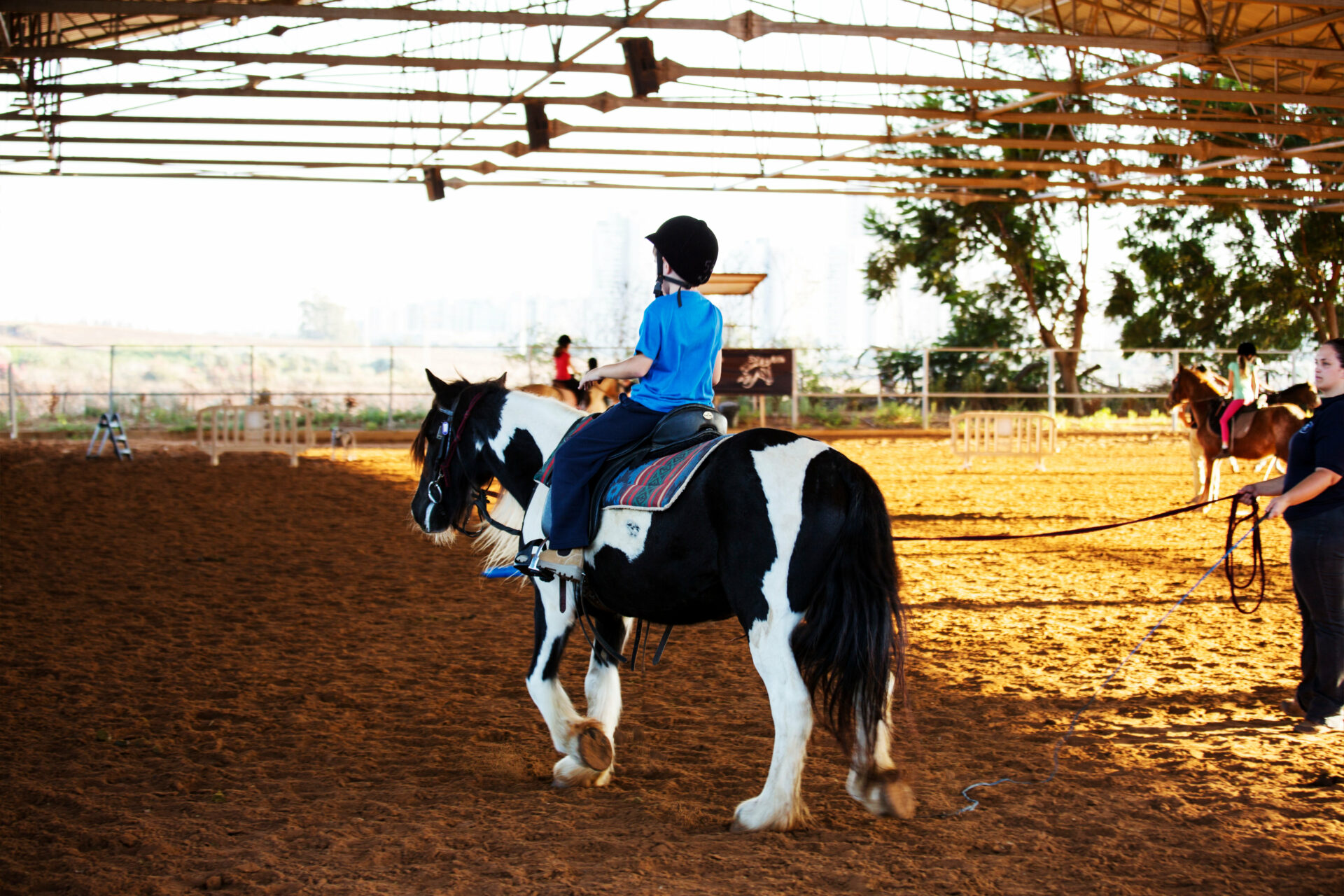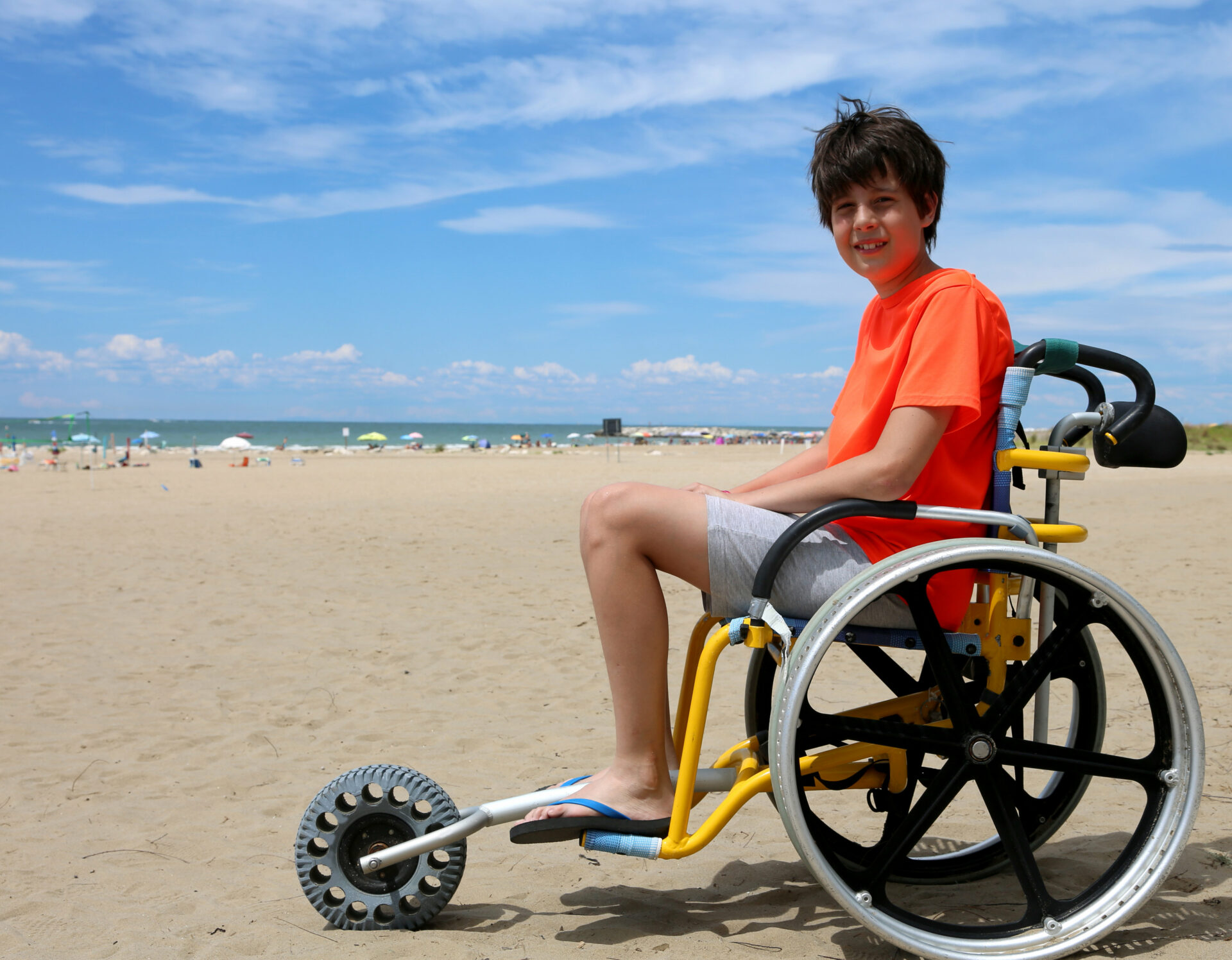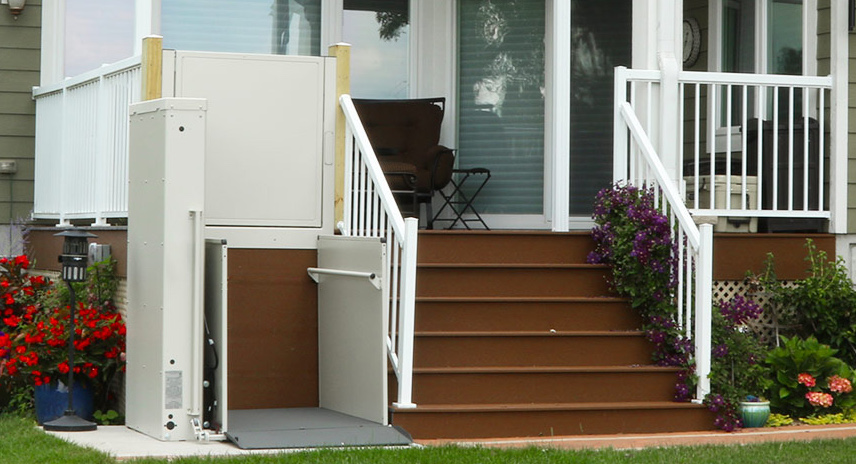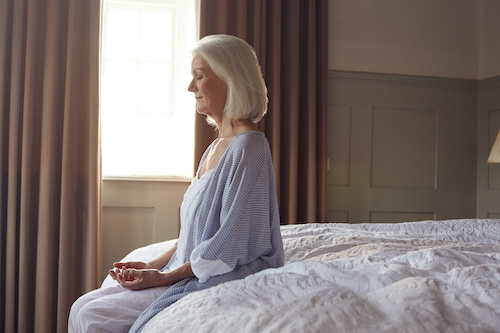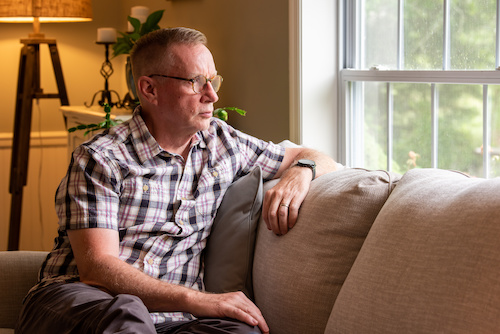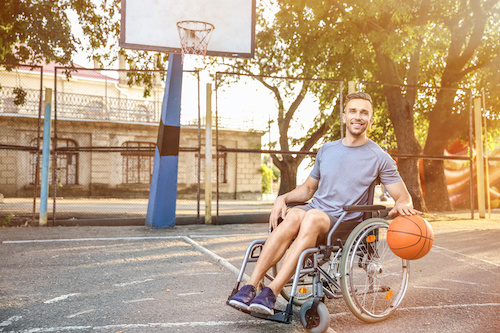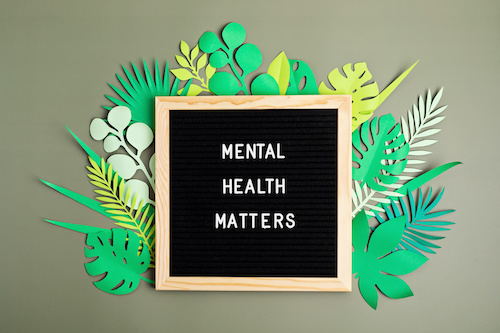We hope you have been enjoying our list of top 10 most popular and inspirational movies about for physical disability awareness. Read the first part of our list of movies with disabilities.
Continued List of Disability Movies:
Stronger (Rated R)
The movie Stronger is based on the story of real-life Boston Marathon bombing victim Jeff Bauman. The bombing left Jeff an amputee and has thus forced him to deal with accepting his new identity as a symbol of resilience from an act of terrorism. Is he capable of being the hero America needs?
Soul Surfer (Rated PG)
Soul Surfer is about the true story of the talented teenage surfer Bethany Hamilton, who loses an arm in a shark attack. After seeing the devastation from the 2004 Tsunami in Thailand, Bethany refuses to give up on the sport she loves. She begins to discover a greater purpose: to make a difference in the lives of others.
Crip Camp: A Disability Revolution (Rated R)
This new Netflix documentary was released in conjunction with the 30th anniversary of the establishment of the Americans with Disabilities Act. In the early 1970s, teenagers with disabilities faced a future shaped by isolation, discrimination, and possible institutionalization.
At Camp Jened, a camp “for the handicapped” in the Catskills, these confines were exploded. The teenagers go on to become important political figures who help make vital changes for the disability community.
The Intouchables (Rated R)
The Intouchables is a true story about the aristocratic, intellectual, quadriplegic billionaire from France. It tells the story of the newly disabled man interviewing candidates for a caretaker and the subsequent relationship that develops once he finds the person to fill the role.
His unlikely choice is a man from the projects, frustrating his friends and family. The friendship that evolves is endearing and proves to be life-changing for them both.
Walk. Ride. Rodeo. (Rated PG)
An incredible, heart-wrenching true story of nationally ranked barrel racer Amberley Snyder is as motivational as they get. Amberley, at 19 years old, barely survives an automobile accident.
Now paralyzed from the waist down, Amberley, with the support of her mother, friends, and physical therapist, is determined to earn back her place in the sport she loves. Her relationship with her horse helps her overcome adversity.
At Next Day Access, we understand that living with a physical disability can be challenging. We hope you enjoyed perusing this list of movies and would love to hear if you have any other suggestions. Feel free to contact us for your accessibility and mobility needs.





